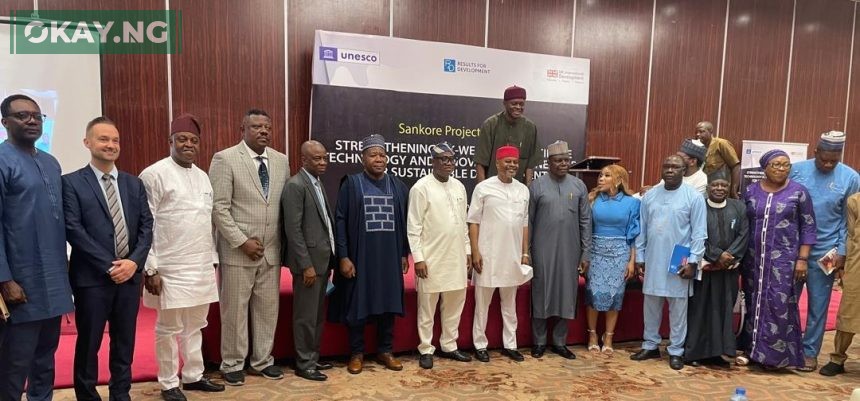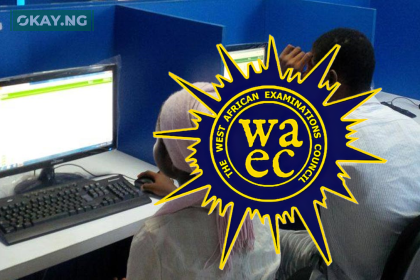In a significant push for technological advancement across West Africa, the UK, Nigeria, and Ghana have unveiled the £1.9 million Sankore initiative. This program, a pivotal component of the UK-Africa Technology and Innovation Partnerships (ATIP), aims to fortify science, technology, and innovation (ST&I) ecosystems within the region, fostering deeper collaboration between the nations.
The launch, held in Abuja, signals a strategic alignment with key agreements, including the UK-Ghana ST&I Strategy (2023-2027) and the UK-Nigeria Strategic Partnership, signed in November 2024. As a news writer, witnessing such collaborations, I understand the potential ripple effects on local economies and future generations.
“Sankore will strengthen the UK’s long-term partnership with West Africa, driving economic growth through innovation,” stated Ms. Susan Mshana, UK’s Head of Integrated Strategy and Delivery Unit. Her words underscore the program’s ambition to catalyze job creation, economic diversification, and enhanced service delivery.
The initiative’s focus is multi-pronged, addressing critical needs in research funding and innovation commercialization. Specifically, Sankore will:
- Support the operationalization of Ghana’s National Research Fund (GNRF) and Nigeria’s National Research Fund (NRF).
- Facilitate the establishment of Nigeria’s National Research and Innovation Council (NRIC).
- Boost the commercialization of innovative solutions in key sectors like agriculture and energy.
- Improve policies and regulations for innovation, ensuring better data access for businesses and researchers.
- Establish a Helpdesk to provide expert guidance to governments and partners.
Ghana’s Minister of Environment, Science & Technology, Dr. Ibrahim Murtala Muhammed, emphasized the initiative’s role in positioning Ghana as a regional hub for scientific and technological advancement. “Innovation is key to building a strong economy,” he asserted, highlighting the program’s strategic importance.
Similarly, Nigeria’s Minister of Science, Technology & Innovation, Chief Uche Geoffrey Nnaji, stated, “Sankore aligns with our goal of promoting homegrown innovation while integrating global advancements. This partnership with the UK will accelerate Nigeria’s tech-driven economic progress.”
Read Also: UK Aid Invests £204M in Nigeria Agriculture, Climate Resilience
The program, set to run for 15 months until March 2026, will be implemented by UNESCO and Results for Development (R4D), in collaboration with local and international partners, including the UK Centre for Ecology and Hydrology (UKCEH). UNESCO, leveraging its regional and national offices, will play a crucial role in strengthening national ST&I systems.
For many researchers and entrepreneurs in Nigeria and Ghana, this initiative represents a lifeline, a chance to translate groundbreaking ideas into tangible economic benefits. Imagine the aspiring tech entrepreneurs, now empowered with better funding and regulatory frameworks, finally able to bring their visions to life. This program could potentially alleviate brain drain, by providing the necessary resources for researchers to stay and build their careers at home.
The implications are far-reaching. By bolstering research funding and commercialization, Sankore could unlock new opportunities for startups, researchers, and investors. This, in turn, could drive economic transformation and contribute to achieving Nigeria’s and Ghana’s development priorities.
As Africa’s tech ecosystem continues its rapid growth, initiatives like Sankore are crucial in harnessing the potential of research, innovation, and policy reforms. The hope is that this program will not only foster technological advancement but also create a sustainable and inclusive economic future for the region.












